
rabid wolves. Why, even the few conceived by the unwed - the unfathered, as they were called - were now granted a
place within their birth-clan, in a desperate push to bolster Eron's population before Ixti realized how vulnerable her
northern rival truly was.
She, Strynn san Ferr, the most beautiful woman of her time, was therefore a prize indeed. And while it would be her
choice whom she wed, it seemed unlikely that she'd have much say as to when some wedding occurred, other than
fairly soon.
"Oh Eight!" she muttered. Here came one of the principal claimants now, thrusting through the far gate which led
down to Clan Argen's gaming fields, and striding for the near one, a mere three spans away.
She prayed he wouldn't see her - and since her summer robe was the same green as the surrounding grass, and her hair
dark as the evergreen shadows behind her, that was a reasonable aspiration. If she looked down so that her hair veiled
her face, drew her hands into her sleeves, and didn't move, perhaps Eddyn would miss her entirely.
He seemed fairly intent - and not happy, to judge by the scowl that showed even through an unruly fall of
sweat-sodden hair worn too long for the season. And the way he was walking: long, hard steps that all but set the
ground to shaking, with his hands curled into fists around his ball-sticks as though he would strangle them... And no
sign of either shirt or shoes, which was a breach of decorum - Well, it was plain to see that Eddyn syn Argen-yr was
furious.
Probably at losing a game of orney, to judge by the sticks and the short, baggy breeches he wore above muscular legs.
Eddyn didn't like to lose, and for that reason tended to seek the company of those similarly inclined - in sports, arms,
and craft alike. Even when he did yield to defeat, there was always an excuse; often (Strynn conceded) a good one. He
disliked weakness in others, too, and pushed himself harder in compensation, as though to set a standard.
Certainly the body revealed as he drew near was pleasant to look upon, with its hard, spare muscles, sharp definition,
and the smooth waxed skin that had been enforced since the plague, lest body hair harbor the tiny mites that infested
wool and hair alike, and whose larvae (it had finally been determined) thrived on mucus membranes and earwax.
Still, by the look on his face, she pitied anyone who got in his way. Including herself, if he saw her. He hadn't been shy
about pressing his suit of late - not that he had a chance - and certainly not after the boast she'd overheard: that she,
Strynn, was saving herself for the best.
That was a laugh! Eddyn was no more the best than she was (though she was very good at certain things, in which
she took justifiable pride). Rather, he sought her for two reasons alone: her beauty and the power of her clan. Her mind
- Well, it would've been beneath him to wed someone stupid. And her craft - that might in truth be a problem. He was
accounted one of the best smiths of his generation, yet even so was no more than her equal, and she doubted Eddyn
could endure a mate as accomplished as he especially one who'd been born to another craft and clan.
Poor man. It wasn't even his fault, really. He'd no more asked to be principal protege to the daunting old Chief of
Smith-Hold than Strynn had asked to be born beautiful. The best thing that could happen would be if the Fateing
posted him far away next Deep Winter, which would give her time to make up her mind about whom to marry, since she
doubted her clan would grant her much more grace. A Dark at most, she suspected. Three quarters, then figurative
doom.
Which realization lit an explosion of frustration, so that before she could stop herself, she slapped her hand against
the pool's surround.
In the silence - and perfect acoustics - of the garden, the sound carried. Eddyn froze in mid-stride and mid-glower,
spun ferociously, and looked straight at her, eyes narrowed as they sought to pierce the shadowy gloom.
For a moment she thought he would ignore her and continue on. The Eight knew she'd been avoiding him like the Cold
of late, for his eyes went places they shouldn't, and his hands often twitched as though they'd like to follow, and there
was nothing Strynn could imagine more repellent than Eddyn's hands upon her body.
Instead, he marched straight toward her. She looked up at him, giving him no welcome with her eyes; rather
challenging with a hardening of her jaw, a lifting of her chin. If the man had any sense...
"Greetings, lady of the cool and the shade," he called civilly enough as he came within the requisite span for speech.
"You make quite the picture there, though the blue of your eyes would shame the sky reflected beside you."
"Mine are dark, the sky is pale - or are you blind as well as rude?"

 2024-11-29 7
2024-11-29 7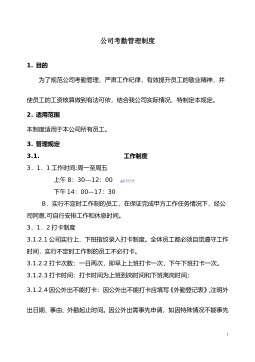
 2024-11-29 9
2024-11-29 9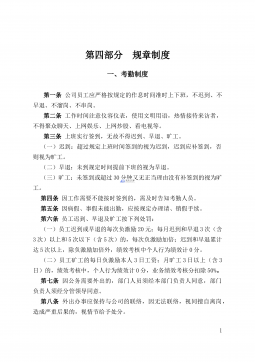
 2024-11-29 10
2024-11-29 10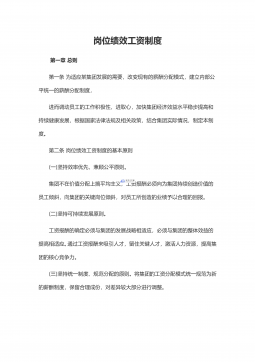
 2024-11-29 10
2024-11-29 10
 2024-11-29 11
2024-11-29 11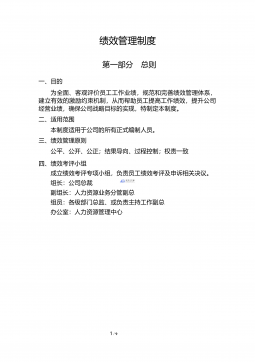
 2024-11-29 12
2024-11-29 12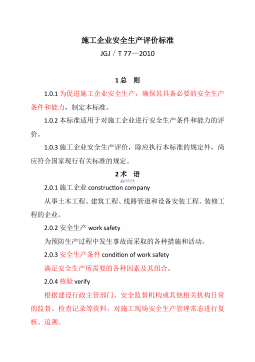
 2024-12-14 196
2024-12-14 196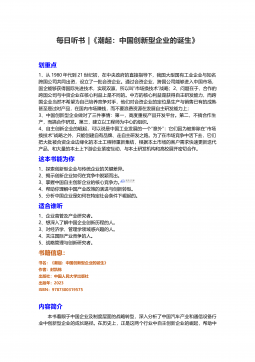
 2024-12-14 59
2024-12-14 59
 2024-12-15 67
2024-12-15 67
 2025-01-13 134
2025-01-13 134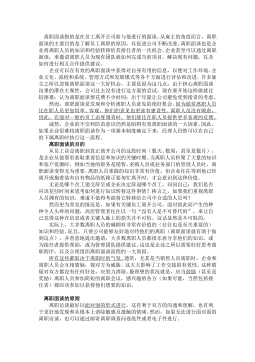
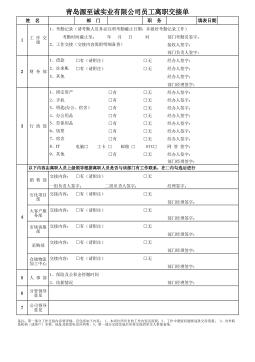


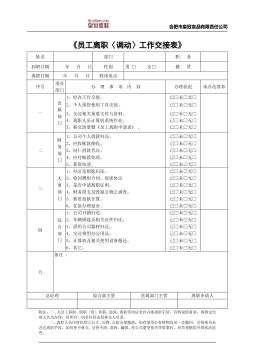




 渝公网安备50010702506394
渝公网安备50010702506394
